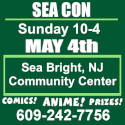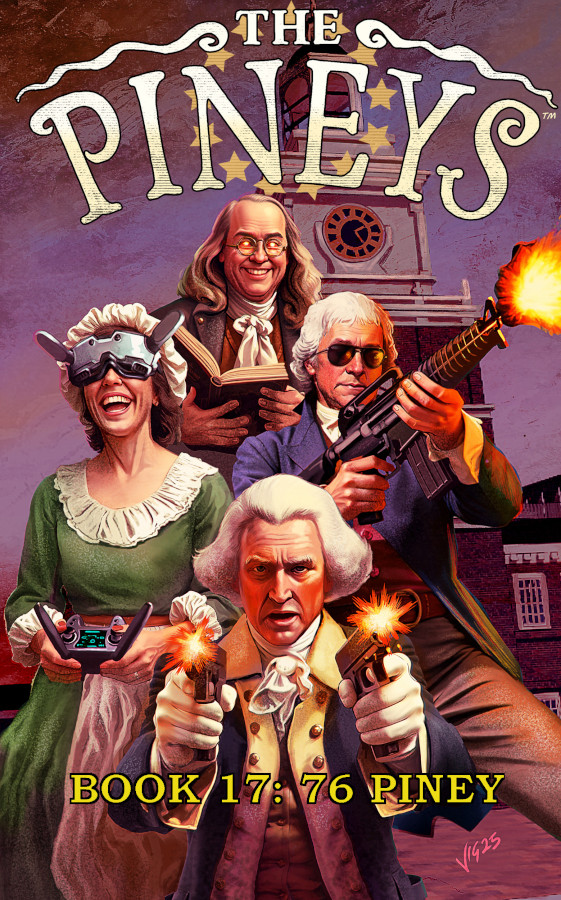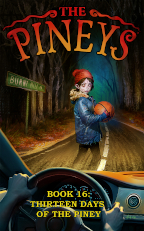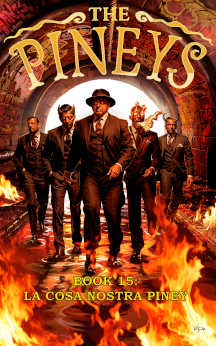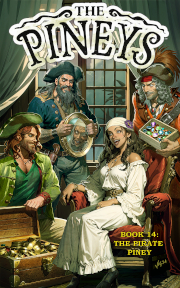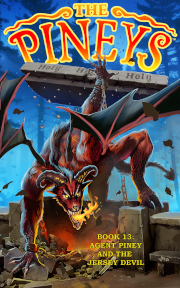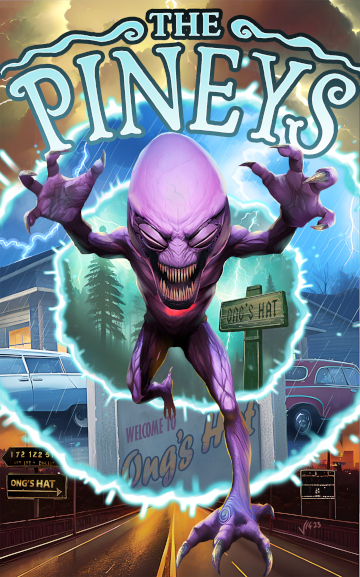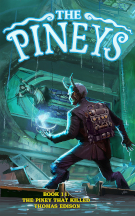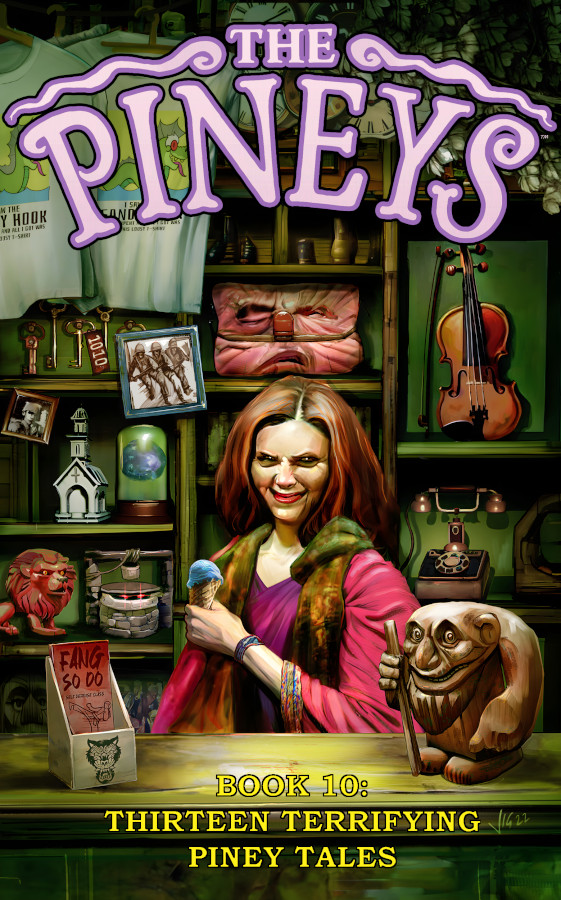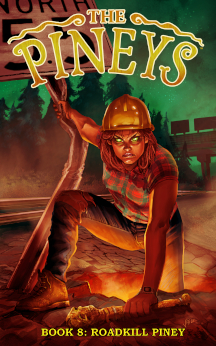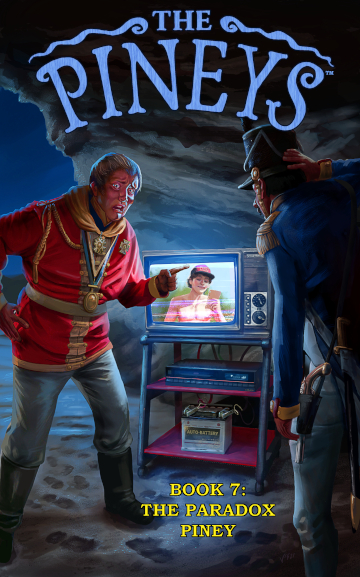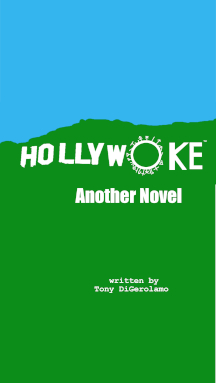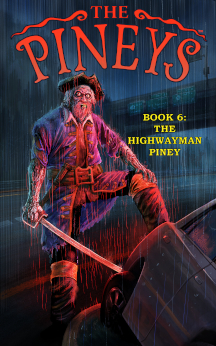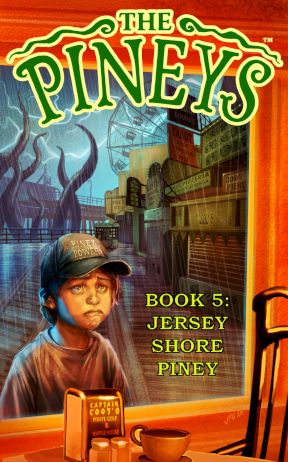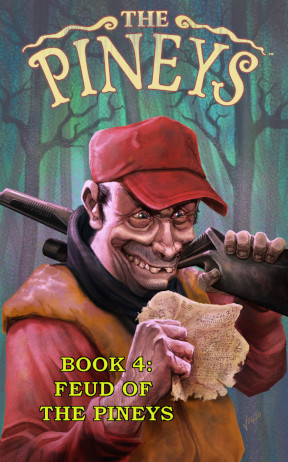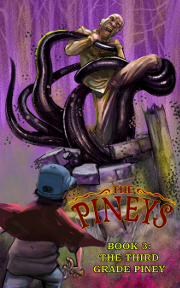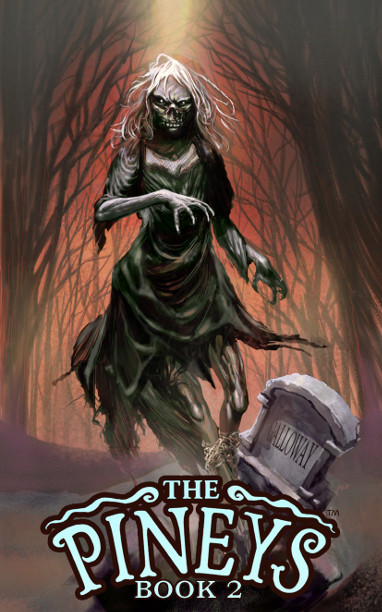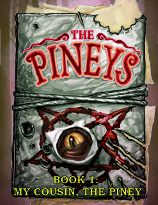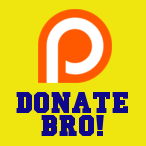Life Skills for Fanboys: The Line Between Fans and Pros
on December 2, 2013 at 12:01 amLife Skills for Fanboys: The Line Between Fans and Pros
written by Tony DiGerolamo
Copyright 2013
Once again, I’m back to school you fanboys. Not in a mean way, but in a helpful constructive way. Reading this might hurt your feelings, but at least you might learn something. So don’t take it out on me if I strike a nerve.
The Confusion
The confusion between fans and pros is that some fans either do not know how to act around pros or don’t know when they’ve actually crossed over into the world of becoming a pro. And by pro, lets get the definition clear.
Pro: Short for “professional”, a person that is in a paid job to provide some kind of product or service for money at a level that is acceptable to a company and the audience to whom that company services. More specifically, we’re talking about pros at a convention who are in the comic book business or businesses related to fantasy, sci-fi, etc. Usually, they are artists or authors.
So let’s break this down:
The Money
If have never received money for your artistic endeavor, you’re not a pro. (Drawing pin-ups at a comic book convention is still amateur stuff, even if the fans pay you. Most of them are assuming you’re a pro.) Understand, that for a pro, this is a job and a job pays money. It may not pay enough to make a living for some, but there are often different levels of professionals. Regardless, no pay and you’re not pro. You may be good, but you’re not a pro.
It’s not “all about the money” either, but professionals want to or do whatever they do to make a living. Let me clear up some potential gray areas with an FAQ.
If I self-publish my own material, am I pro?
If you charge money for that material, yes. If you always give it away, no. The exchange of money is a risk and a commitment that professionals make with a potential fan. The fan may or may not like you’re stuff. If you give it away, that greatly lowers the bar. If you sell it and they don’t like it, they have every right to complain.
Well, wait a minute. Don’t you give away stuff with your webcomics? What about that?
Yes, but there’s also merchandise and advertising. Again, if there’s no transaction, there’s no risk and that greatly lowers the bar with the audience. If you get something for free, you’ve only lost your time. There has to be some exchange involved. You may be extremely talented, but you’re not a pro until you enter the marketplace with the rest of us. And acquiring sponsors on a website requires a certain degree of professionalism. It’s just that exchange does not involve the fans.
What if I work for a company and don’t get paid? Am I pro?
Absolutely not. You’re a fucking slave. There are exceptions. Some companies do offer non-monetary perks and exposure that is well worth doing some kind of work for them. Sometimes a pro will do a contact or a friend a favor. But you have to get something that’s measurable and real. Comp copies only count if the company is serious about selling copies and does so for real cash. The company itself is probably in that gray area where it’s not a real company. Real companies have money and pay people a competitive rate. Near-companies are often just a front for some creators to make the jump to a bigger job via exposure. Again, there’s nothing wrong with that, but if you exclusively work for a publisher with zero cash flow, you might as well be just doing it for fun.
What about people that have stores and/or dealer booths at a con? Aren’t they considered pros?
In their chosen professions, yes. But just because you own a comic book store doesn’t mean you’re a writer, artist or publisher. You might crossover and there are certainly perks to being a dealer at a comic book convention. You can certainly talk to me about sales if you own a comic book retail store. What sells, what doesn’t. But like fans, there are certain things I cannot tell you. They are some things in my contract that could get me into a lot of trouble if I open my mouth. So when I say, “I can’t really talk about that.” Don’t press and don’t assume that I’m blowing you off. I’m not, I really can’t say. And just because you’re in sales, doesn’t mean you get the special access to the creation process.
Acting Professional
There are several things that pros do that professionals should always do and that potential professional should try and do.
1. Be polite to everyone: Kind of a no-brainer. No one wants to work with unpleasant and rude people. Networking is important, so you want to make a good impression. (See my previous column about Grooming.)
2. Respect the hierarchy: Everyone is a human being and there’s a certain politeness you should always use with everyone. However, some pros just have bigger careers. They have more fans, more money, get more perks and have more overhead. When you’re a pro or a potential pro, you just have to understand that Neil Gaiman is going to get a free hotel, plane ticket and free food at a comic book convention and not you.
3. Especially respect those above you: Whoever is above you in the hierarchy, whether they are publishers, creators or whatever— If they tell you to do something, don’t ignore the advice. You may not follow it and you may even think its wrong, but thank them and be polite. The people above you in whatever business they’re in deserve your respect. If a publisher gives you advice and/or instructions on how to submit, don’t ignore them. If they say they can’t discuss your project at a hotel bar or on a convention floor, don’t be pushy. That’s not the way things get done.
4. Network, make friends, then ask: You network with pros, become friendly first and then, politely, if you see an opening, take it. For instance, you may be hanging in a hotel bar after a comic book convention. Pros like to socialize. There may be drinking, eating, whatever. Participate without any expectations. Once you’re in the conversation and things are getting friendly, look for the signs that you can talk about your work. Don’t just ram it into the discussion.
And if there’s no opening to organically say something like, “Hey, I’m working on a sci-fi comic book too. I’d love for you to read it and give me your professional opinion.” You might say something like, “Hey, I don’t mean to impose, but I have a project I’ve been trying to get seen. I think it would be right for your publishing company. Could I send it to you?”
5. Accept rejection gracefully: Some publishers you chat up just don’t have any room at the inn for you. You have to accept that. It may be that their budget is spent or that they are going out of business in two months or that they just don’t like you or your work. Either way, it does you no good to become indignant or mad. Just thank them for their time and move on. There will be other opportunities.
6. Accept acceptance gracefully: The first time I had a publisher accept my stuff, I freaked out. I went a little overboard asking questions and calling the editor. Needless to say, I lost the gig. Don’t do what I did that first time. Take a deep breath, focus on the task and do whatever it is the publisher said they wanted, nothing more.
7. Know your business: Professionals know their business. Nothing red flags an amateur faster than saying something in a conversation that he or she should already know. If you’re in comic books, you should know what Diamond is. If you’ve got a zombie book and never heard of George Romero, you’re going to look like a tool. Know the basics. Know how things work. That doesn’t mean you can’t ask questions from a pro, but try to know as much as you can. Nothing is more annoying that talking to a fan that thinks he’s a pro and have him ask you something basic like, “How do you get an artist?”
8. Fans don’t cross into the World of Pros: Every year at Dragon Con, there is a green room for pros. No fans are allowed into the room. As a fan, understand that we love you, but there are lines you can’t cross. You can’t come behind the table, hang in the Dragon Con green room, sit on panels or come behind the scenes. It’s not that we’re some elitist jerks, it’s just that there has to be SOME division. And, especially at a long con like Dragon Con, there needs to be a fan-free space for us to unwind and stop answering the same ten fan questions over and over.
9. Professionals are about contracts: Professionals always honor their contracts and consider them a big deal. Anyone that asks you to sign a contract on a whim and doesn’t give you time to digest it and show it to a lawyer or someone you consult with, is not professional. You can get into a lot of trouble if you don’t fulfill a contract. You can be sued and you could lose a ton of money or not get paid. If there’s not something in writing about your deal, then it’s not a real deal.
10. Professionals have to keep secrets: As a writer for Bongo Comics, there are certain things in my contract that specifically outline what I can and cannot say about projects there. I can’t tell you about that. Sometimes a professional can’t even talk about the fact that they can’t talk about certain things. Sometimes you get work as a ghostwriter or a fill-in artist where you get no credit, but money. You can’t talk about it. Ever. NDA’s or Non-Disclosure Agreements are also about keeping your mouth shut.
So when a pro won’t tell you something, it may be because he or she can’t. And if you’re a big mouth that is constantly blabbing people’s secrets, it’s another reason why you may never become a pro. Because if you can’t honor a contract and keep a secret about a project, no company will hire you.
In conclusion, this is just a really long way of saying if you want to be a pro, always be polite to everyone all the time. Hope to see you on the other side of the table one day, fanboy.
